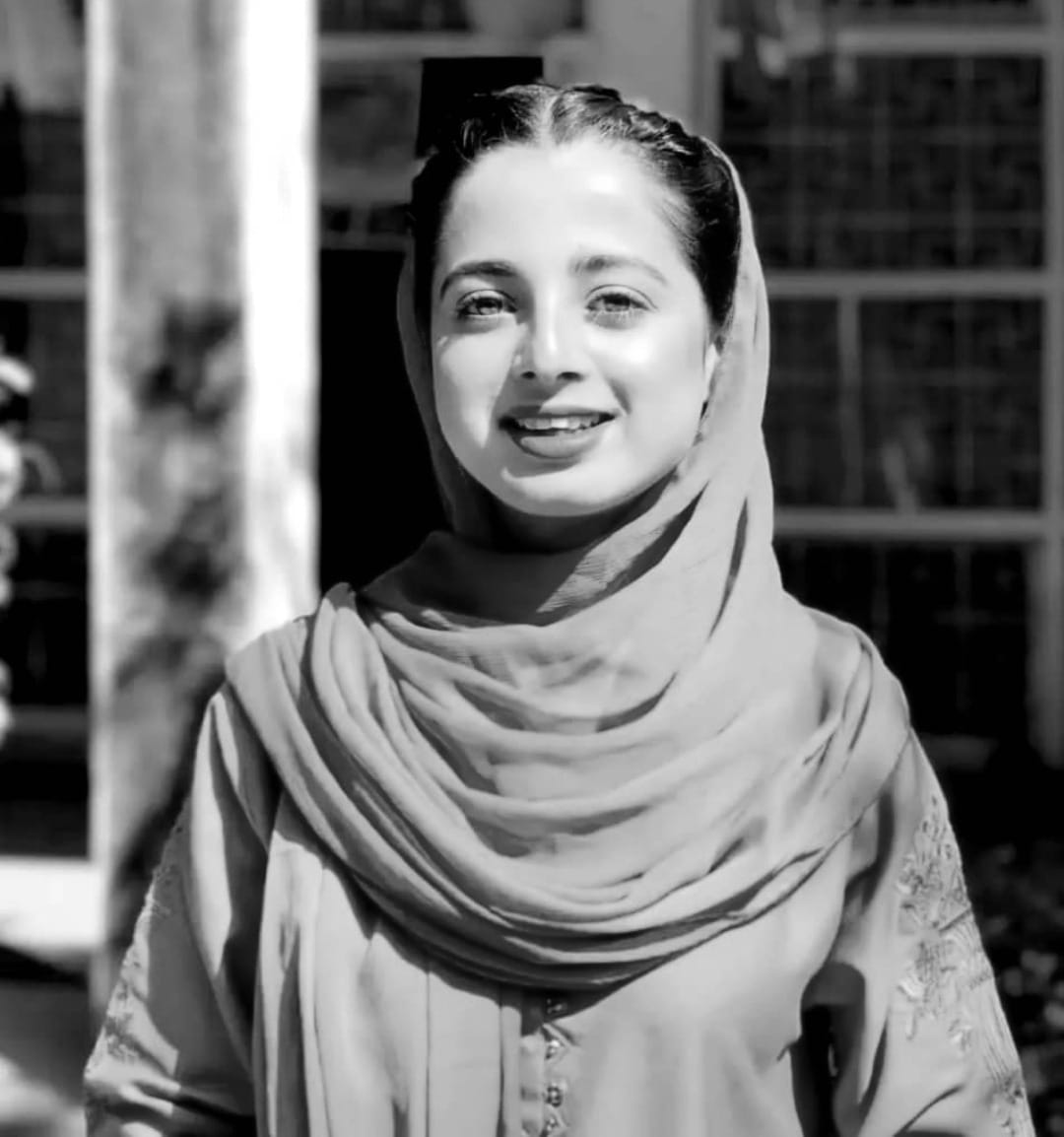By Neelam Shahzadi
The phrase “deaf and dumb,” once widely used to describe individuals with hearing and speech impairments, has increasingly been called into question for its appropriateness and impact. Advocates argue that this terminology not only misrepresents those with such disabilities but perpetuates harmful stereotypes, further marginalizing a vulnerable community.
Breaking Down the Terminology:
The term “deaf” refers to an inability to hear, while “dumb,” in its literal sense, historically meant “mute” or “unable to speak.” Over time, however, “dumb” has evolved in common usage to mean “lacking intelligence” or “foolish.” This shift has resulted in an unjust association between being non-verbal and lacking intellect, reinforcing misconceptions about the capabilities of individuals with speech impairments.
Critics highlight that many non-verbal individuals effectively communicate through sign language and other methods, proving that speech is not the sole measure of intelligence or capability. Using terms like “dumb” diminishes their efforts and imposes negative stereotypes, limiting societal recognition of their abilities.
Language Shapes Society:
Language is a powerful tool that influences thought patterns, attitudes, and societal norms. Phrases with negative connotations, even when used casually or without malicious intent, can perpetuate exclusion and alienation. For those directly affected, terms like “deaf and dumb” can serve as a painful reminder of societal biases and barriers they face daily.
“Be conscious about your words. What’s normal for you might be deeply hurtful for someone else,” advocates say. Empathetic and respectful communication, they argue, creates a more inclusive and collaborative environment, benefiting society as a whole.
Toward a More Inclusive Society:
On this International Day of Persons with Disabilities, there is a call to challenge not just language but the societal patterns it reflects. Moving away from terms like “deaf and dumb” is not merely about political correctness; it is about fostering inclusion and respecting human dignity.
“Words hold the power to influence behavior, motivation, and societal attitudes,” activists assert. Replacing outdated and harmful terminology with respectful alternatives is a step toward dismantling negative stereotypes and creating a society where everyone feels valued and included, regardless of their abilities.
The movement urges individuals to reflect on their language and challenge ingrained biases. By doing so, society can take a collective step toward equality, empathy, and understanding.


